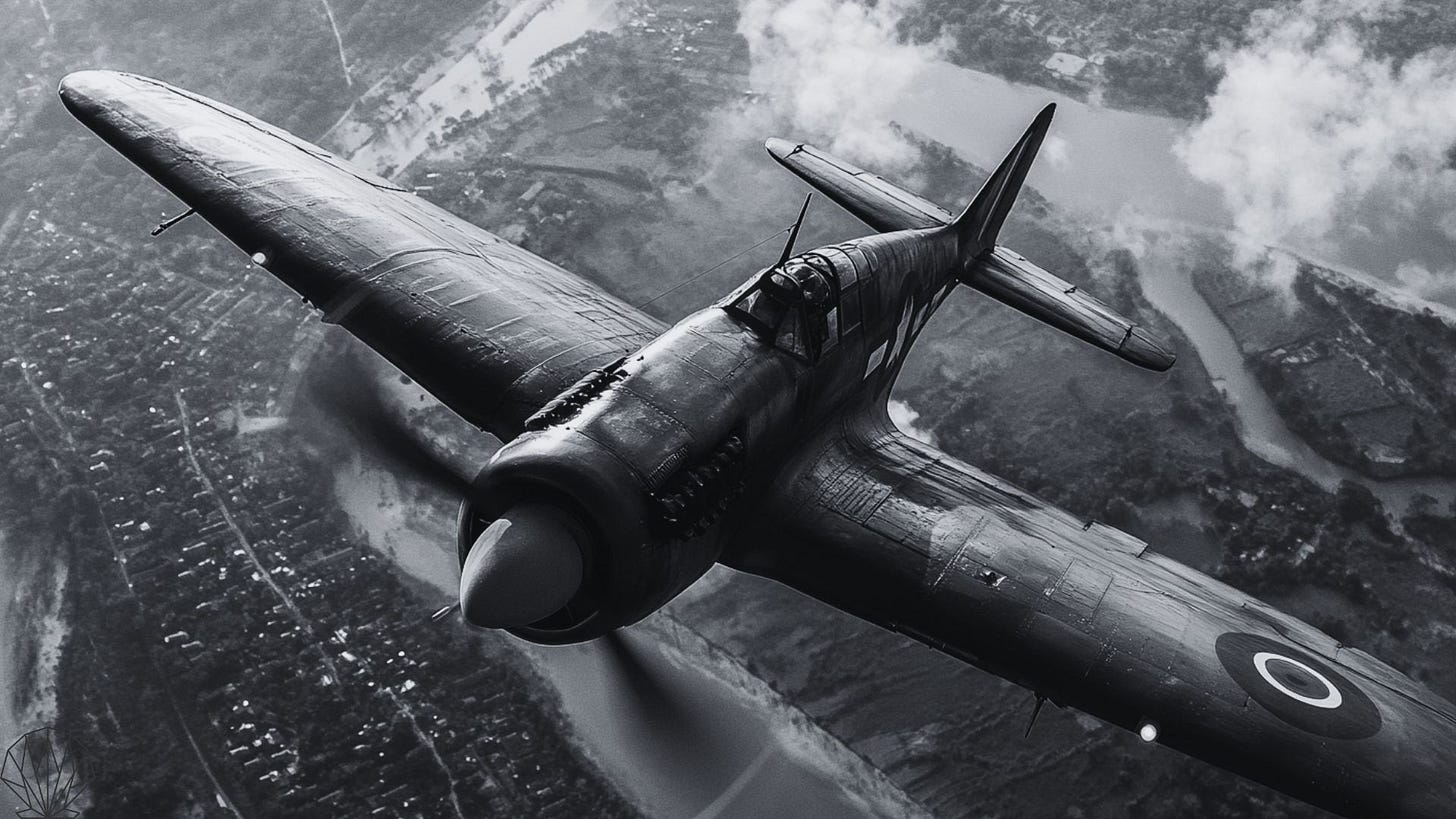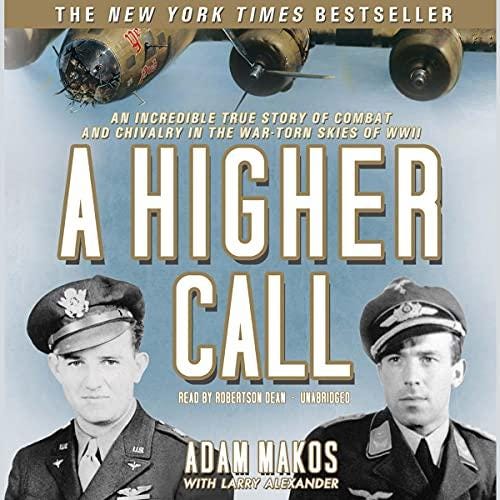Think, Laugh, Cry Part 11
Would you spare an enemy’s life if given the chance? One pilot did—and it changed history forever.
THINK
On December 20, 1943, American pilot 2nd Lt. Charlie Brown was flying a B-17 Flying Fortress, nicknamed Ye Olde Pub, on a bombing mission over Bremen, Germany.
During the attack, Brown’s bomber was heavily damaged by anti-aircraft fire and German fighters, killing or wounding several crew members. The plane’s tail section was shredded, one engine was out, and it could barely stay in the air. As Brown struggled to keep the crippled aircraft flying, a German Messerschmitt Bf 109 approached.
Expecting the worst, Brown and his surviving crew braced for an attack. However, the German pilot, Franz Stigler, did not fire. Instead, Stigler, an experienced fighter ace, saw the state of the B-17 and realized the crew was defenseless. He felt shooting them down would be dishonorable, especially after remembering his commanding officer’s words that shooting a defenseless enemy was unworthy of a true pilot.
Instead of finishing them off, Stigler escorted the B-17 out of German airspace, flying alongside it in a gesture of mercy. As they neared the English Channel, Stigler saluted Brown and peeled away, allowing Ye Olde Pub to return safely to its base in England.
Brown and his crew kept the encounter a secret, fearing repercussions, while Stigler also never spoke of it, knowing that sparing an enemy could lead to a court-martial in Nazi Germany.
Decades later, in 1986, Brown began searching for the German pilot who had spared his life and eventually found Stigler in 1990. The two men became lifelong friends, sharing their incredible story with the world. Their story was later detailed in the book "A Higher Call" (2012) by Adam Makos, which explores this extraordinary act of chivalry in wartime.
When asked why he didn’t shoot down Brown’s crippled B-17, Stigler simply said,
"I didn’t have the heart to finish off those brave men.
I could not shoot at them.
It would have been the same as shooting at a parachute."
Having been taught that honor in combat meant never attacking a defenseless enemy, he recognized that Brown’s crew had no way to fight back, and for him, shooting them down would have been an act of dishonor rather than a victory.
This moment of compassion and humanity in the middle of war remains one of the most powerful examples of chivalry in aerial combat.
Whether driven by love, duty, or sheer survival instinct, individuals often display extraordinary courage and resilience when faced with threats to their family or close friends.
History and everyday life are filled with examples of people risking their own safety, making sacrifices, or even defying immense odds to ensure the well-being of those they cherish. This profound bond underscores the idea that, in moments of crisis, love can push individuals beyond their perceived limits.
And as such, I think most people believe (rightly so) that they would go to great lengths to save their loved ones because the instinct to protect those we care about is deeply ingrained in human nature.
But how far would most of us go, it we were to go at all, in order to save the life of an enemy…?
Something to think about…



